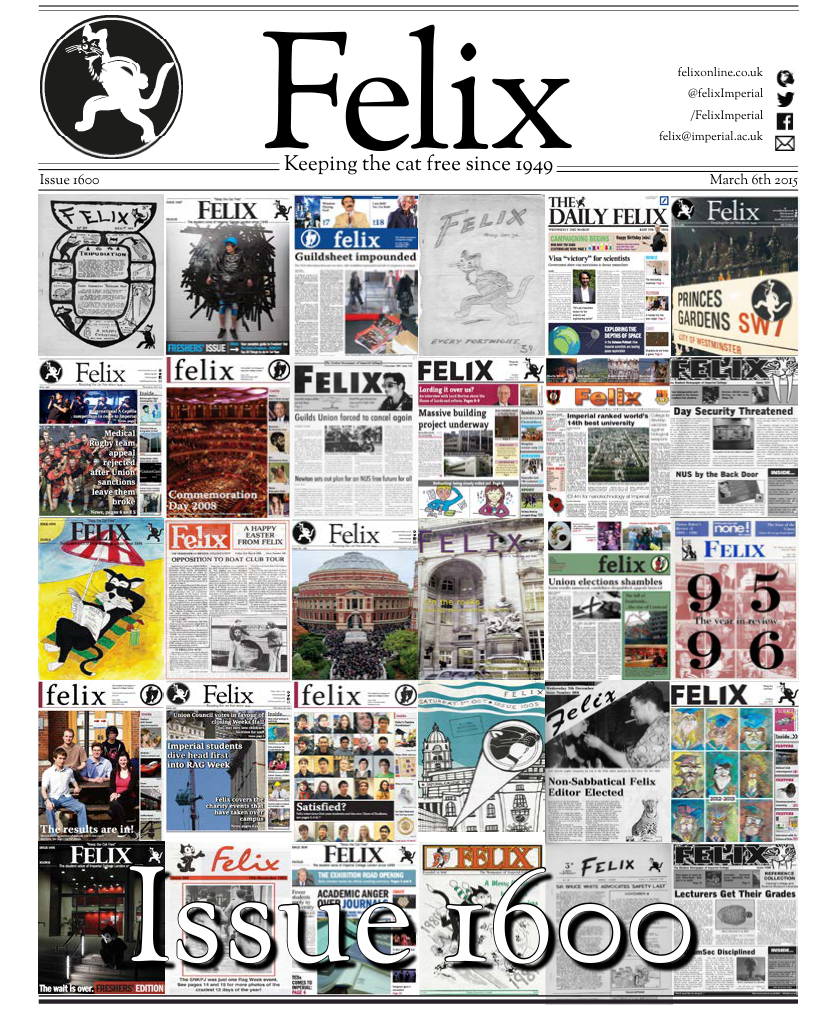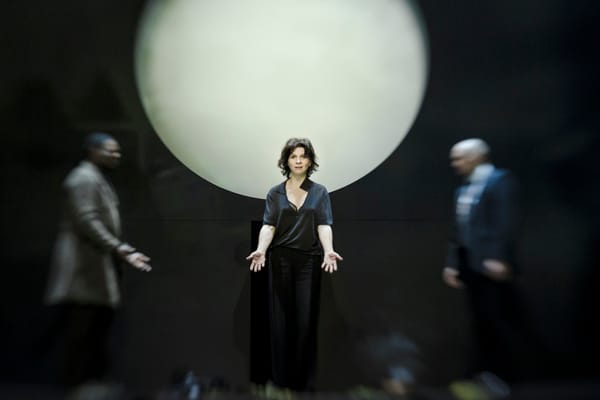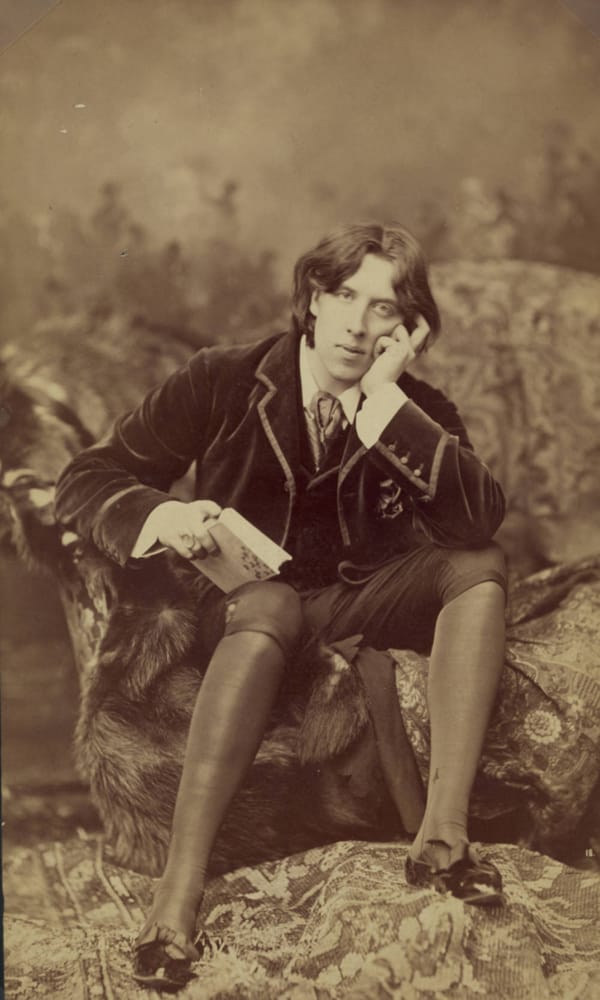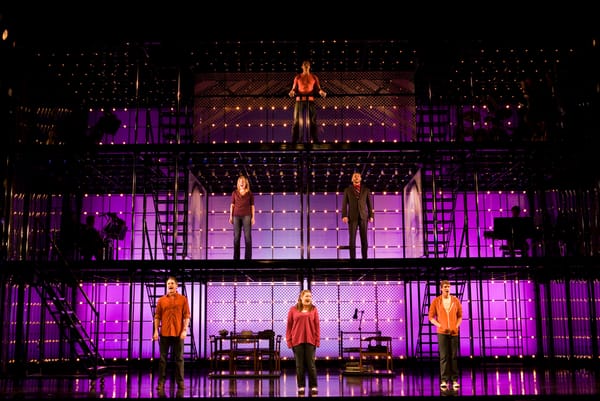Press Nights – The Absurdity Of It All
Kamil McClelland gives us a tour of a world of tweed, gossip and wine
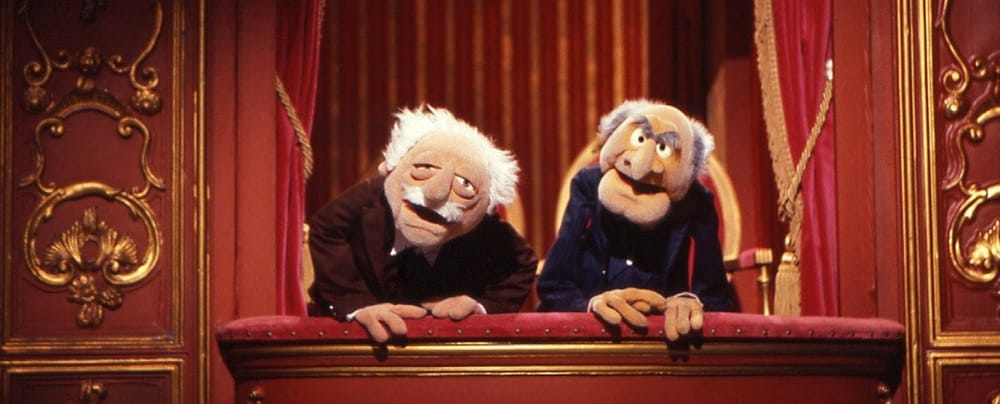
One of the perks of writing for the Felix Arts section has of course got to be all of the free tickets we get: plays, exhibitions, opera, you name it (even puppetry…)! I still find it amazing to think that these art establishments actually somewhat value our work, even if it is just that free publicity trumps empty seats.
It is certainly a very odd experience going to a press viewing, sat there awkwardly in the corner with your biro and notepad feeling completely under qualified to be in this position (how did I find myself here, I’m a medical student, aren’t I? I didn’t even do A-level English!). And then in come the big dogs – Times, Guardian, Time Out – effortlessly at ease as if they own the place. Elbow patches, greying hair, weary eyes – a lifetime of experience. How could I possibly add something to this conversation?
However, behind this respectable veneer of critical journalism – the glossy façade – a less nuanced figure emerges. It is not what one would expect. Yes, perhaps pretension still infiltrates their manner, but surely amongst the top culture critics in the land one would envisage finding more refined conversation than what I was overhearing; no Kant and Nietzsche, more Kathy and Nigel.
It was fascinating. I had never heard anything quite like it – just wall to wall gossiping! It seems only quite a small clique of reviewers visit all of London’s latest shows, whatever newspaper, website or blog they might write for. On the Monday, they’re at the National Theatre for the latest production, the next day the Barbican and the day after that, the Royal Court! I guess they must get to know one another pretty well. It is also the perfect networking opportunity, surrounded by your counterparts at the rival newspapers, each person vying like vultures for the next job opening more senior that their current one. To get into this inner circle where everyone knows everyone, and every single part of their lives, you need to be able to talk the talk and walk the walk.
Elbow patches, greying hairs, weary eyes — a lifetime of experience
Then you have the freelancers, the mavericks of the group working only a few nights a week and charging double for their reviews. These guys are sharply dressed, cocky, and usually look at you with an even more upturned nose than usual. This is an industry where to survive, you must either know the right people or back yourself so much that you’re able to fake it to make it.
It’s the interval, twenty minutes of respite and time for me to reflect on what happened in the first act over a acrid glass of the complementary chianti. I didn’t particularly like the main actress, she didn’t have the stage presence needed for her role. But the stage design was br...
“Oh, did you hear about Rachel? I heard her and John broke up.”
“But they’ve been together for years! Well, I always thought she was too good for him anyways.”
It is one of those freelancers again; as I carry on listening, the plot thickens even further. It transpires that the freelancer, a very slick, well turned out man, has also recently been made a bachelor of sorts (“It’s just that I’m always too busy flying between London and New York, it wasn’t a sustainable relationship”). As soon as the other man finds out, ever so subtly, he starts hitting on him, dropping compliments about his new haircut or shoes or making sexual jokes. It was quite extraordinary. I backed away from the conversation; it was getting too awkward even for me.
Alongside them, you had the classic Statler and Waldorf type art critics, hardly able to keep their eyes open, completely dulled by half a century of service. Yes, they may have the experience but how could people like these possible make commentary relevant to today’s world? They could hardly see beyond their drooping eyelids and cataracts. You can understand why I felt utterly out of place in this whole environment.
You can understand why I felt utterly out of place.
We may be quite a humble production, little old Felix tucked away in the basement of Beit Quad, however I am going to argue that we do actually hold quite an important role in the world of art reviews. For not only do we have access to a very important cohort, the capital’s future art consumers, but we also provide a rare perspectival counterpoint to the homogenous and formulaic pieces much of the country’s press is coming out with. Yes, I may not be able to contextualise this piece of meta-theatre in the history of Eastern European interpretive dance, but the utility of a fresh set of eyes on a production cannot be underplayed. We have not been tainted and influenced to as great an extent by a status quo, and can provide a much more instinctual review based on our viewer experience.
That is why it is disappointing that we are either shunned away to the worst seats in the house, barely able to even see the stage, or sometimes even flat-out refused press tickets as a matter of course by certain institutions (cough Royal Opera House cough). Not only does it harbour poor relations with students, but it also decreases the art house’s exposure amongst their most important demographic, the future. So whilst only the snooty reporters who are becoming part of the furniture, at one with the brocade, are being invited to press shows, we will still only get one aspect of the artistic picture; a picture that is purely aimed at rich elderly white men, who funnily enough make up the large proportion of the critics. And until things change, I shall still be the minority, shoved off into the corner, just me and my complimentary white wine.
We are always looking for new reviewers. If you have a love for free press tickets and cheap chianti, drop us a line on arts.felix@imperial.ac.uk.

